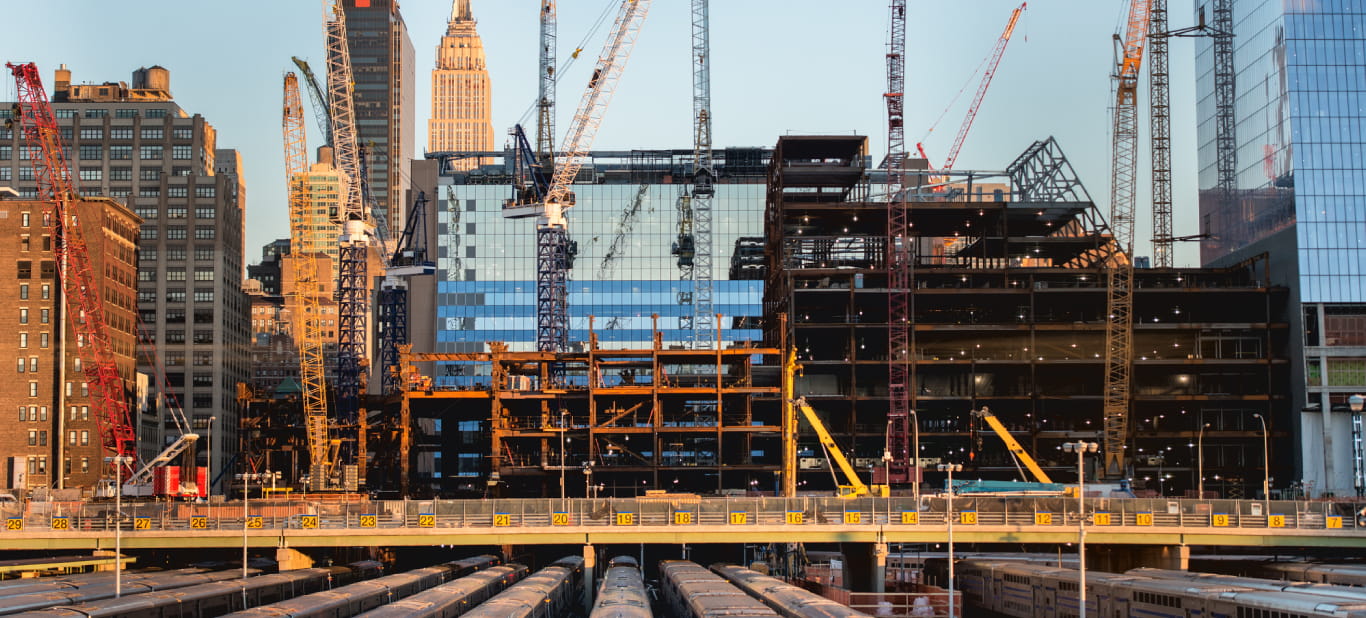Australian governments planning major public infrastructure projects have long understood the importance of earning a social licence for a project as a way of improving overall project outcomes and reducing community and stakeholder objections on big developments.
As a result, community and stakeholder engagement, environmental management and industry development are playing an increasingly significant role in how these projects are delivered.
Weaving environmental, community and stakeholder, and social considerations into asset delivery adds a greater level of complexity and uncertainty than most could have imagined 20 years ago. It also increases the cost of asset delivery, at a time when the industry is under increasing pressure to demonstrate cost efficiency and value for money.
More than a few dollars at stake
With a $73 billion pipeline of infrastructure (over 4 years) to be spent on infrastructure in NSW (and Victoria’s recently announced 30-year strategy identifying projects estimated to be valued at $100 billion), finding meaningful ways to earn a social licence is crucial to delivering a successful project outcome.
The challenge is to find a way to “give back”. This is especially important where communities are heavily affected by the works, but stand to gain little from them once they are complete. This is a common occurrence on large infrastructure projects, which have an impact on local footprint, but are built for the benefit of a wider Sydney community. Recognising this, large projects which take years to deliver are looking for better ways to get and keep the local communities they impact on side.
Inspiring the next generation of project delivery professionals
Involving local communities and setting up initiatives such as local school education programs in the design and construction delivery phase of a project has huge potential benefit in educating stakeholders – and importantly, the opportunity to inspire the next generation of engineers and project delivery professionals.

